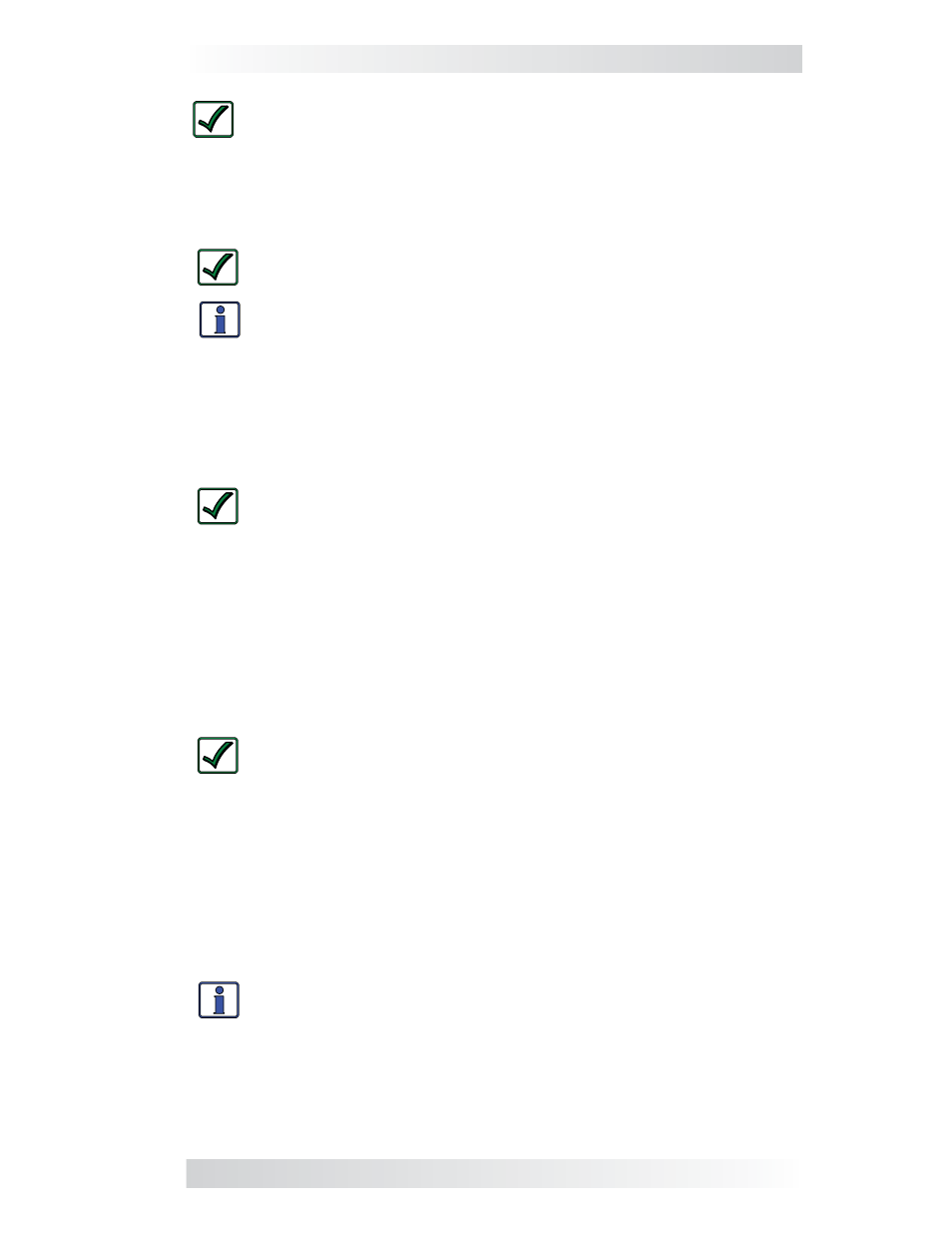0 operation – Magnum Energy ME-ARC Remote User Manual
Page 63

© 2012 Magnum Energy, Inc.
57
5.0 Operation
Remedy: This fault may occur because the connected AC loads are
larger than the inverter’s output capacity, there is a wiring short on
the output, or the output wires are incorrectly installed. Once the AC
loads are reduced or the output wiring is corrected, the inverter can
be restarted after a manual restart.
• Breaker
Tripped
– The AC input breaker on the inverter/charger has
opened due to excess current fl ow through the inverter to the AC loads.
Remedy: After reducing the AC loads, push in the inverter’s AC input
circuit breaker to reset and resume operation.
Info: While in Charger mode, the inverter’s AC input breaker could
nuisance trip if the loads on the inverter’s output exceeds the current
rating of the inverter’s input circuit breaker.
• Dead Battery Charge – This fault indicates that the inverter has been
connected to an AC source (grid or generator) and has determined that the
battery bank is either highly discharged or not connected. The inverter is
attempting to close its internal relay and begin charging, but has detected less
than 9 volts (12-volt models), 18 volts (24-volt models), or 36 volts (48-volt
models) on the battery bank.
Remedy: Check the DC voltage at the inverter’s DC terminals and
compare it with the DC voltage at the battery bank. These two volt-
ages should be very close (<0.5 VDC difference). If not, check to
ensure all connections are tight and the fuse/circuit breaker between
the inverter and battery bank is good.
This fault automatically clears once current is able to fl ow into the
battery from the battery charger—this may take anywhere from a few
minutes to a few hours depending on the condition of your batteries.
This fault can also be cleared if the AC input is removed.
• FET
Overload
– This fault message indicates the inverter/charger was
running normally, but the temperature of the FETs (Field Effect Transistors)
started rising abnormally fast.
Remedy: Allow the inverter to cool down, then press the remote’s
INVERTER ON/OFF pushbutton (manual restart) to resume operation.
If the fault returns, perform an inverter reset (see Section 6.2). If the
fault continues, disconnect all the inverter’s AC output wires and perform
a power reset (Section 6.3). If this fault does not clear after doing the
power reset, the inverter will require service.
• High
Battery
– The inverter has turned off because the battery voltage
is at a very high level. This fault message displays and the FAULT (red) LED
turns on when the battery voltage is above the High Battery Cut-Out (HBCO)
value. This fault automatically clears and the inverter resumes operation when
the battery voltage drops 0.3 VDC (12v models), 0.6 VDC (24v models), or
1.2 VDC (48v models) below the HBCO value.
Info: The HBCO value is dependent on your inverter revision and
model. Normally, the HBCO value for the ME/MM/RD Series’ inverters is
16 VDC (12-volt models) or 32 VDC (24-volt models); and, the HBCO
value for the MS/MMS Series’ inverters is 17 VDC (12-volt models),
34 VDC (24-volt models), or 68 VDC (48-volt models).